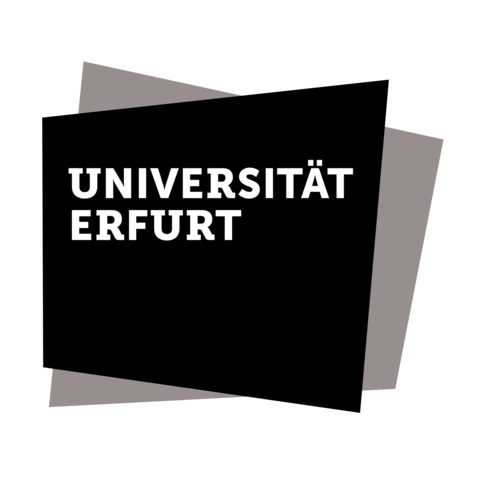eTutor training
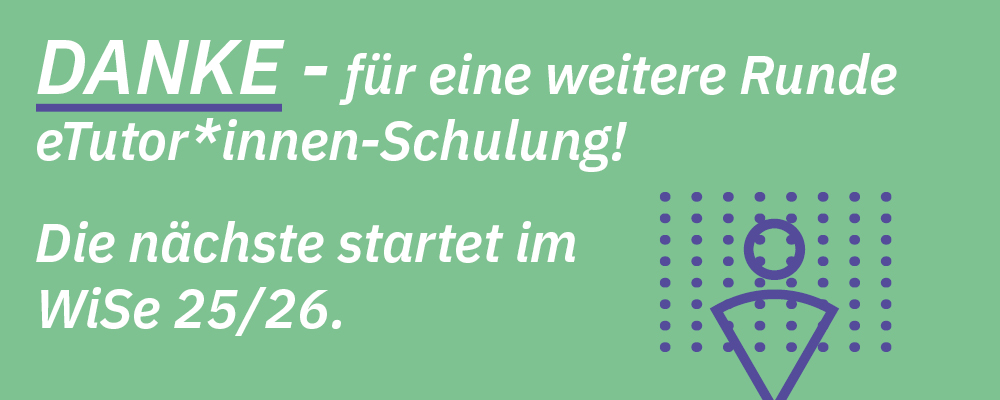
Are you a student and interested in media-enhanced teaching and learning?
Then you've come to the right place!
In our free eTutor training, you can learn more about topics such as media didactics and digital learning environments in hybrid- and online-workshops and Moodle self-study rooms.
The next training session starts on 20.11.2024.
Contact for this topic
What are eTutors?
These are students who specifically support lecturers in using digital forms of teaching and learning and integrating digital tools into their teaching. In addition, eTutors also advise and support other students.
What will you learn in the eTutor training?
- Formats of media-enriched teaching and matching methods
- Use and design of multimedia learning resources
- Use of digital tools (especially video, AI tools, Moodle learning management system)
- Digital exam formats
- Dealing with copyright and data protection in teaching
How can you take part in the eTutor training?
You can complete the entire training course or just take part in individual modules. You are free to choose how you would like to approach the modules. You can work on the individual modules in the self-study rooms or take part in the respective module workshop (online or hybrid).
What are the benefits of the eTutor training?
- You will expand your knowledge in the field of media-enriched teaching and increase your media skills.
- You will receive a participation confirmation or a certificate that will look good on your CV.
Note for foreign language students:
We are currently working on opening up our training to foreign-language students. This semester, we are therefore using a tool that automatically generates English subtitles for the online workshops. In addition, the content and tasks of all Moodle topic rooms are also available in English. This means that foreign-language students who do not speak/understand German can also take part in the eTutor training.
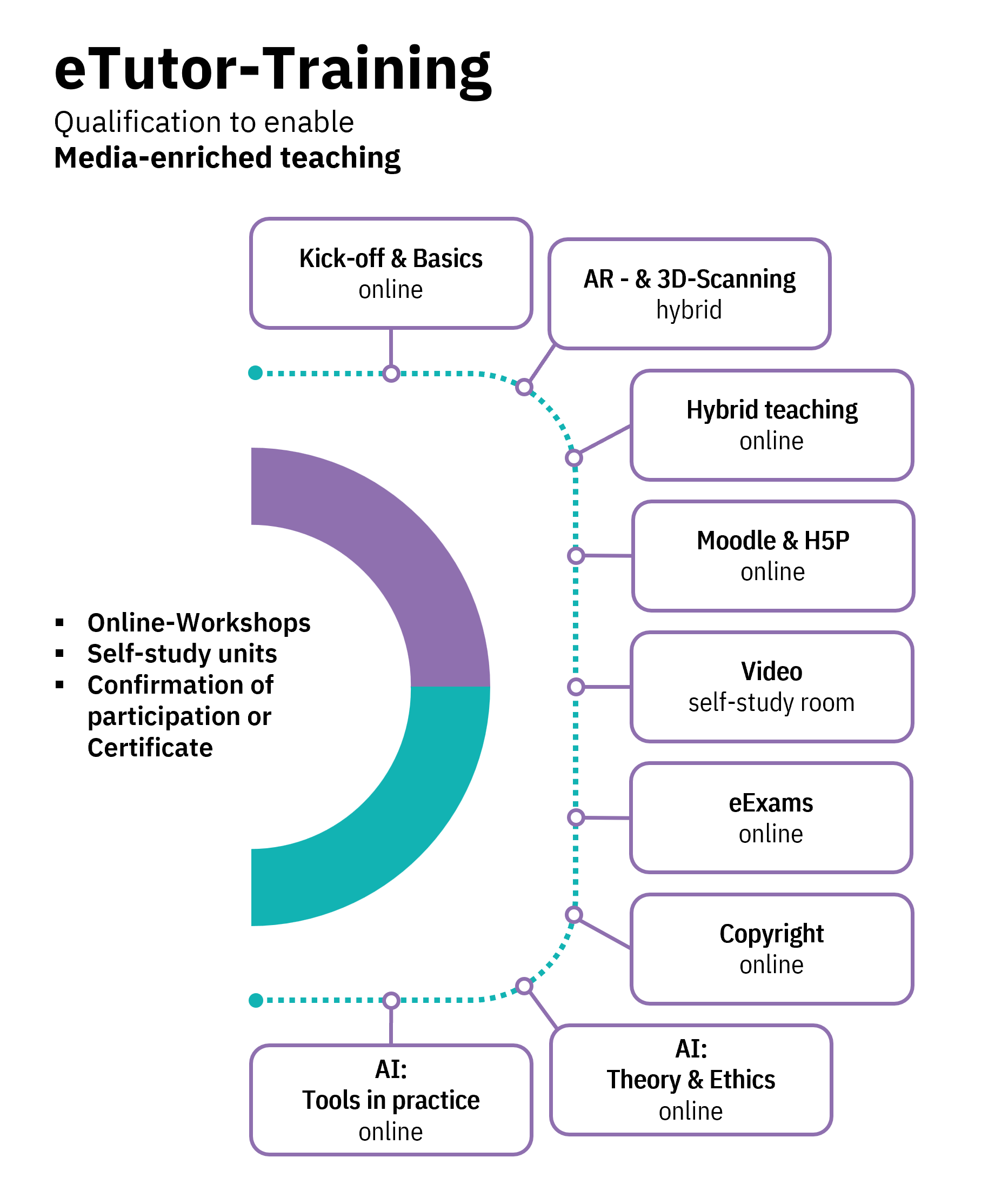
Modules
 In the kick-off workshop, the process, content and objectives of the eTutor training will be discussed in detail. You will also learn the basics of planning media-enriched higher education teaching.
In the kick-off workshop, the process, content and objectives of the eTutor training will be discussed in detail. You will also learn the basics of planning media-enriched higher education teaching.
Learning objectives: You can...
- explain how the training is organized and what content is covered.
- describe the influence media can have when used in higher education teaching.
- explain what the opportunities and challenges are when using them.
- show which framework conditions have a significant influence on planning and
- explain how these are to be taken into account.
 Aim: To help you develop technical competencies to experimentally extend and map objects between real and virtual space and integrate them into virtual and hybrid settings.
Aim: To help you develop technical competencies to experimentally extend and map objects between real and virtual space and integrate them into virtual and hybrid settings.
Methodology: The program will consist of an introductory workshop and self-study tasks where you learn basic technical skills for the digital transfer of objects which allow for further exploration, analysis, experimentation and prototyping within their fields of study
You can attend the workshop online or on site in Hybrides.Lernatelier, Amalienstrasse 13, Room 003. Please let us know how you want to participate.
 The course deals with the basics of hybrid university teaching.
The course deals with the basics of hybrid university teaching.
It is structured as follows:
1. terms and concepts
2. advantages and challenges
3. scenarios and technical challenges
4. methodological-didactic basics
 You will learn the basics of the learning management system Moodle and H5P so that you can provide lecturers with the best possible support for technical implementation in the future.
You will learn the basics of the learning management system Moodle and H5P so that you can provide lecturers with the best possible support for technical implementation in the future.
Learning objective: You will learn the basics of how to create your own Moodle course step by step and get an overview of the various functions and design options.
 Basics of planning, production and post-production of educational videos.
Basics of planning, production and post-production of educational videos.
Learning objective: You can describe the basics of planning and creating educational videos and have gained initial experience in planning, production and post-production.
Ms. Warneck and Ms. Chaudhry offer consultation hours for the self-learning course. You are welcome to contact them if you have any questions about the content and tasks of the self-learning course.
 Learning objective: You can name the basic technical and organizational aspects to consider when planning e-assessments.
Learning objective: You can name the basic technical and organizational aspects to consider when planning e-assessments.
You can demonstrate the advantages of formative e-assessments and describe how they can be practically implemented in online teaching.
 After successfully completing the course, you can
After successfully completing the course, you can
...articulate your understanding of how to use copyrighted works in your teaching and learning materials.
...apply the rules for using copyrighted works and Open Content.
... recognize what kind of copyrighted work it is and how it may or may not be used for university teaching.
...combine your knowledge with practical application scenarios from your field of activity as an eTutor and implement it with little effort.
 In this module, you can try out various AI tools in practice. Together, we will explore text, image and generating tools and explore their functionality and possibilities.
In this module, you can try out various AI tools in practice. Together, we will explore text, image and generating tools and explore their functionality and possibilities.
 You will learn not only about the possible applications of AI in higher education, but also about the challenges it presents. After completing the module, you will be able to integrate AI sustainably and reflectively into your everyday studies and generate teaching content. You will be introduced to the topics of prompting, seeding and the generation of teaching and learning content, and you will also critically question the application and ethical background of AI in higher education.
You will learn not only about the possible applications of AI in higher education, but also about the challenges it presents. After completing the module, you will be able to integrate AI sustainably and reflectively into your everyday studies and generate teaching content. You will be introduced to the topics of prompting, seeding and the generation of teaching and learning content, and you will also critically question the application and ethical background of AI in higher education.
A minimum number of participants must be reached for the individual online workshops. If this is not achieved, the respective module can only be completed in self-learning mode. We will always let you know one day before the respective online workshop date whether the workshop can take place.
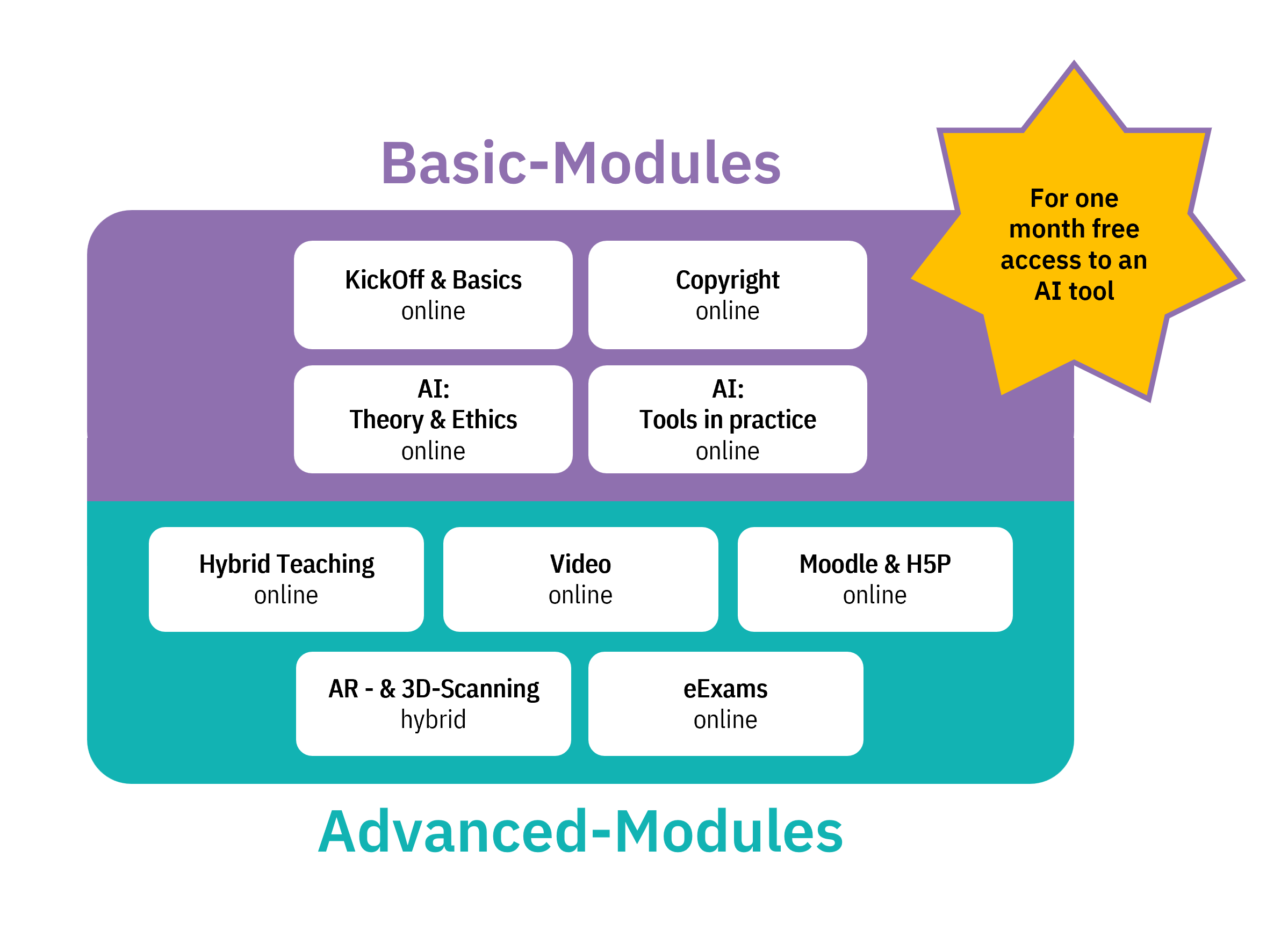
How can you pass the eTutor training?
With confirmation of attendance or certificate:
- If you only complete individual modules, you will receive confirmations of attendance for the respective modules.
- To receive our certificate, you must complete at least the four basic modules.
- Bonus for a certificate: You get one month of free access to a text or image-generating AI tool (selection based on the tools used in the AI workshop) for creative experimentation.
Note: If you have already completed individual topics of our training course as part of your studies or another training course, we will be happy to take this into account in the requirements for obtaining our certificate. In this regard, please contact kontakt@eteach-thueringen.de.
Registration for the eTutor training:
Looking back at the fifth round of eTutor training in the winter semester 2023/2024
After a break in the summer semester of 2023, we started the training round for the winter semester of 2023/24 with an expanded range of modules. We were all the more pleased with the dedicated work of the participating students. Seven students completed the training with all the tasks and received their certificate. This semester, as a final assignment, students were able to submit a video pitch, a presentation or an audio pitch on a topic and/or tool covered in the training.
Here is a small insight into the contributions of some eTutors:
- Video: “Interactive Content in Teaching – H5P” by Haochen Qin, University of Music FRANZ LISZT Weimar
- Video: “How to make a job application video” by Frederic Schiller, University of Erfurt
- Video: “Spatial.io as an alternative learning environment” by Felice Ulbricht, Ilmenau University of Technology
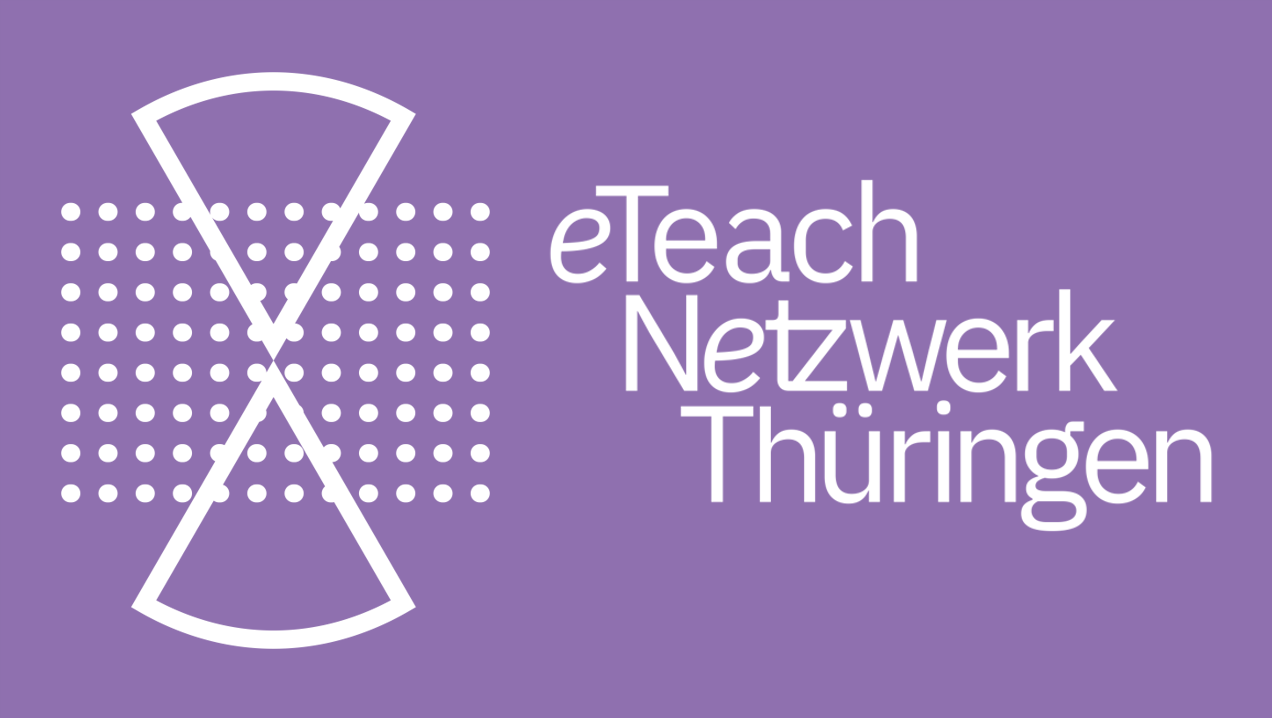
The 4th round of the eTutor training in winter semester 22/23
This semester, 22 students have received training in media-enhanced teaching as part of our program and are now able to integrate digital tools into teaching and learning formats in a didactically meaningful way. In addition to the knowledge they have acquired in the fundamentals of media didactics, their skills also extend to the basics of copyright law, data protection and the creation of multimedia learning resources.
We did it! The third round of our eTutor training in the summer semester of 2022 has been completed.
We are pleased that many students from Thuringian universities have once again taken part in our training.
It turns out that our eTutors appreciate the flexibility of the training format and the choice between many topics. 72 students have registered. Most of them have specifically selected the workshops and modules that are of interest and benefit them. Twelve students have completed the training with all the tasks and received a certificate.
Congratulations!
In this semester, the eTutors also produced a video pitch in their final assignment and presented it at the closing event.
A selection of the great contributions from the eTutors is compiled here:
- Video: “The Tutorial Video” by Adrian Ißler, Nordhausen University of Applied Sciences
- Video: “Planning for the video documentation of experimental procedures in STEM subjects” by Inga Katharina Rust, Bauhaus University Weimar
- Video: “LMS Tools and H5P Use” by Budoo Tejaswinee Devi, Ernst Abbe University of Applied Sciences Jena
- Video: “H5P - An interactive tool for teaching and everyday educational work” by Emely Wenk, University of Erfurt
Looking back at the second round of eTutor training in winter semester 2021/22
Be brave! +++ Take enough time. +++ Trust your own plan! +++ Find a central theme.+++ Plan well. +++ Among other things, these tips for creating video pitches marked the end of the final event of the current eTutor training, which took place on March 4. The 23 video pitches presented by the eTutors were characterized by a wide range of topics and styles. A selection of the videos can be viewed here.
In the pitches, the training topics were further developed in many cases and the eTutors presented their own media-enhanced and digitally supported teaching projects. The eTutors were mainly focused on learning management systems and the integration of H5P, hybrid forms of teaching and remote access to learning scenarios, as well as better interaction and communication in teaching. The newly minted eTutors emphasized the thematic diversity, the modular structure of the training concept and the support provided by the network staff. A total of 50 students took part in the eTutor training during the winter semester.
You can find a selection of the eTutors' contributions here:
- Video: “Digital Tools for Teaching and Learning” by Franziska Spenner, University of Erfurt
- Video: “Improving video quality” by Michel Siebert, University of Erfurt
- Video: „Remotelab GOLDi“ von Jana Konrad, TU Ilmenau
- Video: “Creating interactive content with H5P for English classes” by Cora Simmrow, University of Erfurt
Looking back at the first round of eTutor training in the summer semester of 2021
“As a tutor of many years, I am very pleased that your program offers a nationwide and cross-university opportunity for knowledge transfer and exchange. It was possible to learn some new things and also gain insights into areas that are otherwise rather neglected. I think this is very beneficial. Thank you very much for this! I am already looking forward to a possible continuation.” — Student at Schmalkalden University of Applied Sciences after completing the training
Among other things, the first round of the eTutor training in June 2021, in which a total of 71 students from almost all Thuringian universities participated, ended with this positive feedback. The eTutors received their certificates at the final presentation on June 26, 2021. In addition to the acquired knowledge of media didactic basics and basics of copyright, data protection and accessibility when creating multimedia learning resources, the newly minted eTutors are now able to integrate digital tools into teaching-learning formats in a didactically meaningful way and thus support teachers at Thuringian universities. The video results listed below provide an insight into the process and results of the training:
- Video: “Digital collaboration with WorkAdventure” by Tobias Tefke, Schmalkalden University of Applied Sciences
- Video: “How to make lectures exciting” by Meike Krieger, University of Erfurt
- Video: “Data Security and Copyright at School” by Christiane Friedrich, University of Erfurt
- Video: “Interactive Activities in Moodle” by Lissethe F. G. Lamadrid, Bauhaus University Weimar
